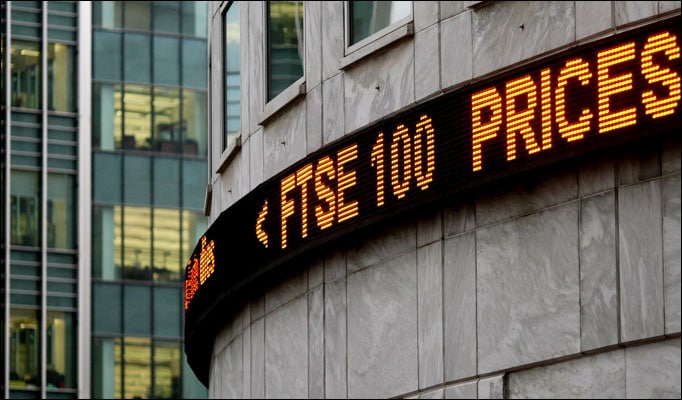Tax changes cracking down on how much high earners can pay into their pensions have led to FTSE 100 companies more money instead of retirement contributions.
Instead of ploughing money into pensions as employer contributions, 84% of FTSE100 companies have changed tack to make sure their top talent is still rewarded.
They are offering to top up salaries rather than pump money into pensions so wealthy earners do not breach retirement saving caps.
Some companies are giving all employees, not just the highest paid, the option to take money that would have gone into a pension as cash.
“The current tax regime has seen companies reduce how much they put into their employees’ pension schemes for fear of them being hit with significant penalties for breaking the new allowances,” said Alasdair Mayes, a partner with pension consultancy LCP.
Pension contributions caps
“Our survey shows just how sensitive pensions are to changes in the tax regime. Threats to change the tax treatment further will lead to a continued, and rapid, shift to flexible alternatives to pensions. This could have a significant impact on retirement incomes in the decades ahead.”
Under current rules, pension savers have restrictions on how much they can contribute both each year and over their lifetime.
The annual allowance is split into three categories –
- A special £10,000 a year allowance for anyone aged 55 or older who has accessed cash under pension freedoms
- The standard £40,000 a year for savers an annual salary of £100,000
- A tapered allowance for those earning more than a £150,000 annual salary that can limit pension contributions to as low as £10,000 a year
The lifetime allowance is £1 million.
Savers paying more into their pensions face tax penalties.
Tax changes hitting all workers
The LCP survey revealed that when cash was paid as an alternative to pension contributions, executive directors, on average, were offered 20% of basic salary, whereas employees earning under £110,000 a year can take 10% of their salary.
“This is consistent with our wider experience that the tax regime is hitting more employees than first thought,” said Mayes. “It’s no longer limited to the highest earners.”
